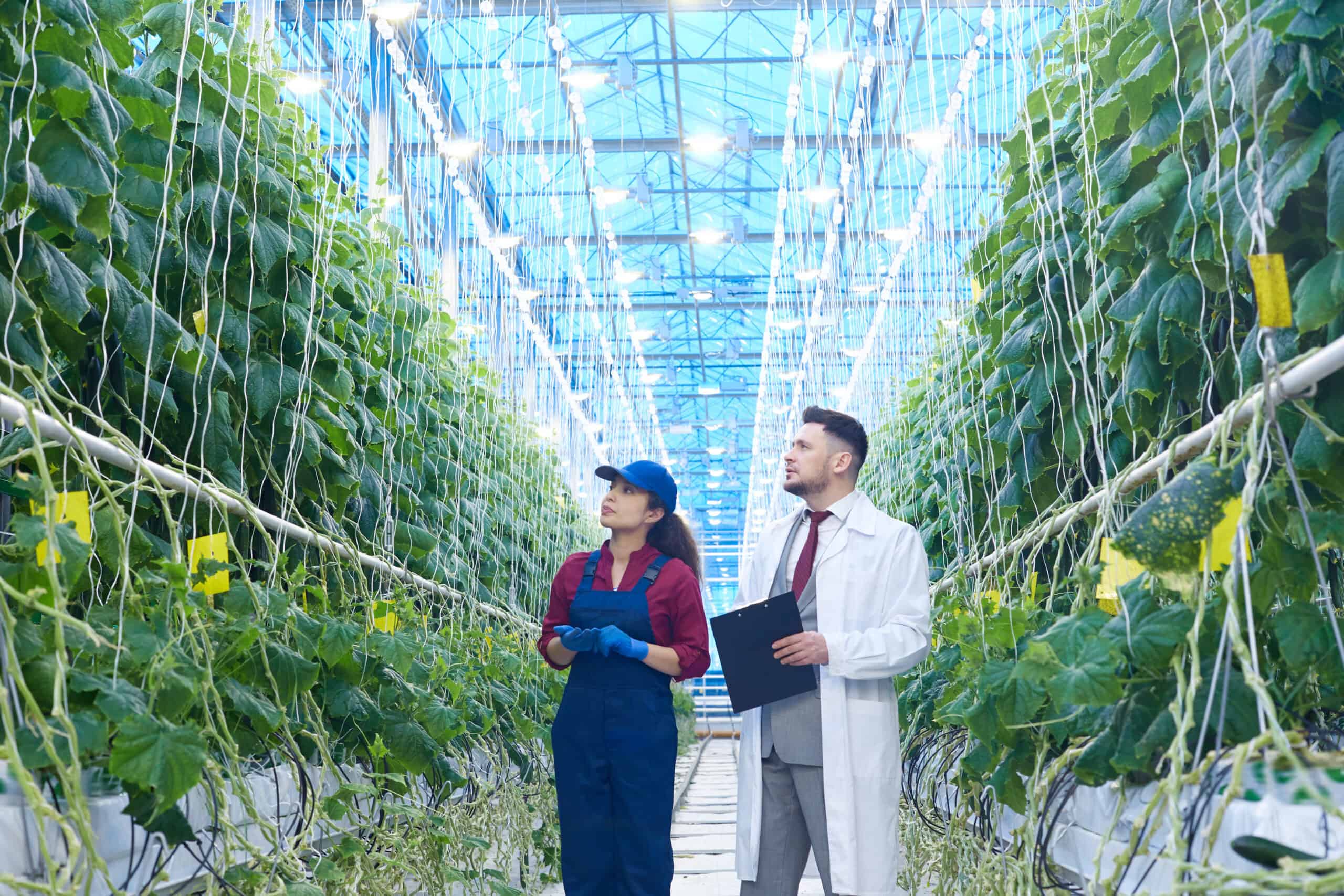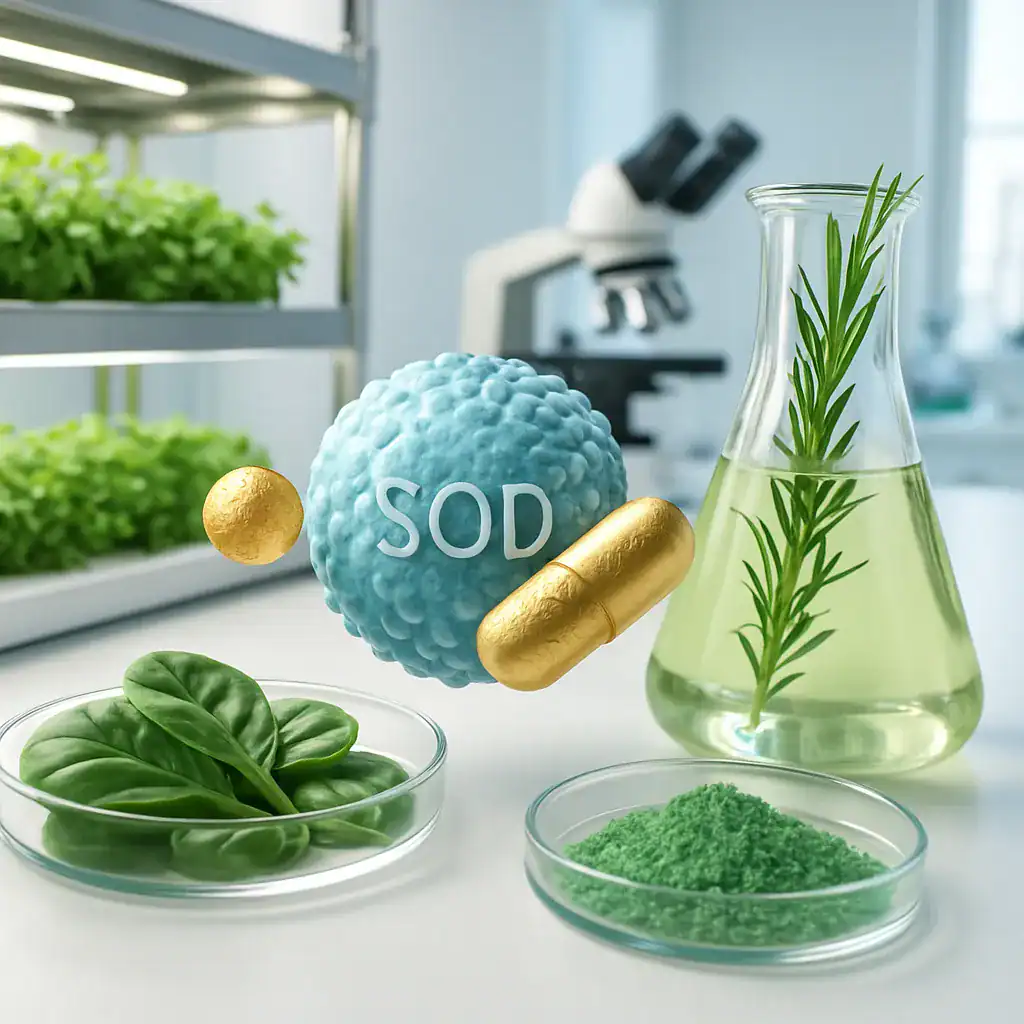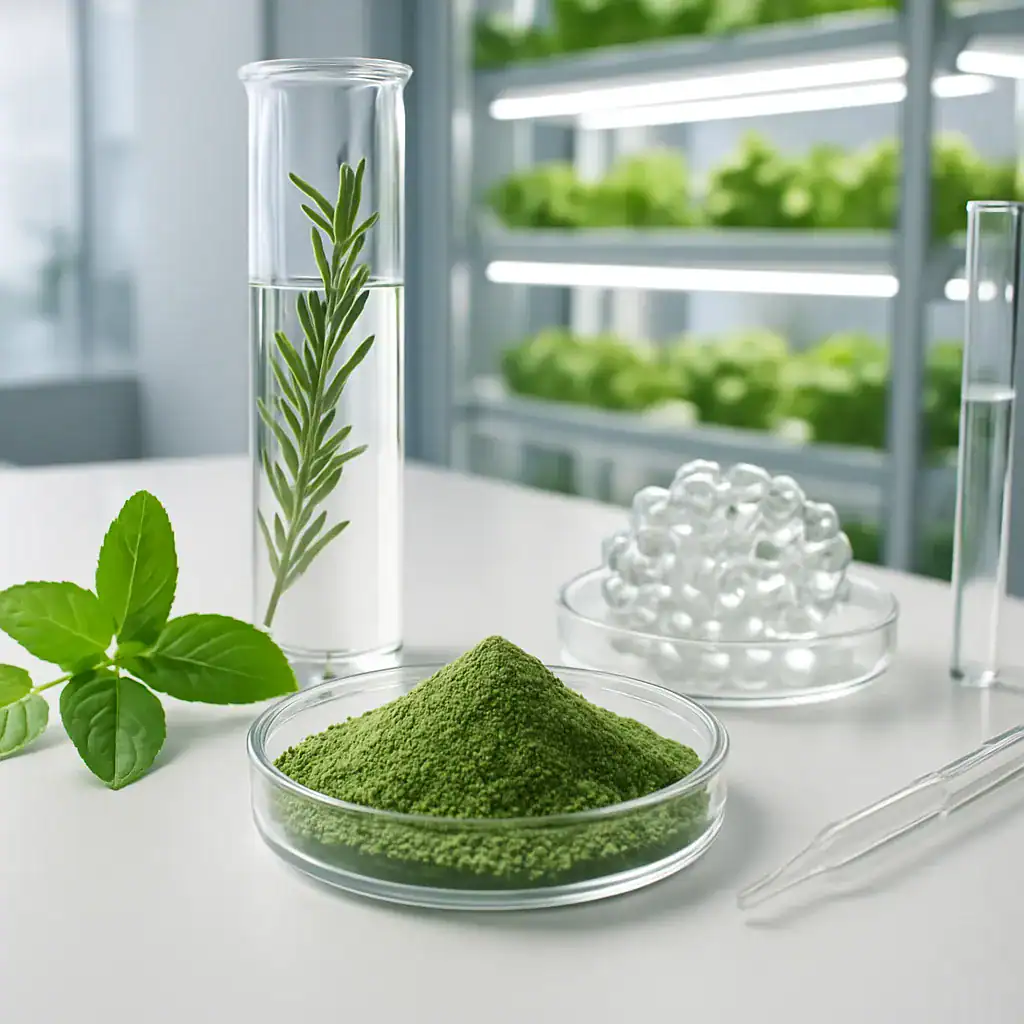Exosomes: Nature’s Biological Messengers and Their Revolutionary Impact on Health
Understanding Exosomes: Tiny Vesicles with Enormous Potential
Have you ever wondered how cells communicate with each other across vast distances in your body? The answer lies in exosomes, microscopic extracellular vesicles that are revolutionizing our understanding of intercellular communication. These tiny biological messengers, typically 30-150 nanometers in diameter, are released by virtually all eukaryotic cells through a fascinating process that begins in multivesicular bodies.
But what exactly makes exosomes so special? Unlike other cellular components, exosomes carry a specific cargo of nucleic acids, proteins, lipids, and metabolites that reflect their cell of origin. Think of them as sophisticated mail carriers, delivering precise molecular messages throughout your body’s tissues and fluids.
You’ve likely heard about stem cells and their regenerative properties, but did you know that many of these benefits are actually mediated through exosomes? That’s right—mesenchymal stem cells produce exosomes that play crucial roles in tissue repair, immune modulation, and fighting inflammation.
The therapeutic potential of exosomes is particularly exciting. These natural nanocarriers can cross biological barriers that larger molecules cannot, including the blood-brain barrier. This makes them ideal vehicles for drug delivery systems and opens possibilities for treating neurodegenerative diseases that have historically been challenging to address.
That’s clear, but have you ever considered that the exosomes circulating in your bloodstream right now might be influencing your health in ways we’re only beginning to understand?
Plant-Derived Exosomes: PhNóva’s Innovation in Nutraceutical Delivery
While most exosome research has focused on mammalian sources, PhNóva has pioneered something remarkable—plant-derived exosomes that are transforming the nutraceutical industry. These natural nanocarriers represent a sustainable, ethical alternative to animal-derived extracellular vesicles.
You might be wondering: do plant exosomes function similarly to human exosomes? Surprisingly, they do! Despite evolving in different kingdoms, plant exosomes share many structural and functional similarities with their mammalian counterparts, including their ability to deliver bioactive compounds with exceptional precision.
PhNóva’s Exosomes-Nutra product line leverages these plant-derived extracellular vesicles to dramatically enhance the bioavailability of nutrients. This is particularly important for compounds like curcumin or resveratrol that typically have poor absorption rates. By encapsulating these bioactives within exosomes, their therapeutic potential is maximized.
But the benefits don’t stop at improved absorption. These plant exosomes also offer:
- Enhanced stability during digestive transit
- Targeted delivery to specific tissues
- Reduced degradation by stomach acids
- Extended circulation time in the bloodstream
For nutritionists and dietitians, this represents a paradigm shift. The supplements you recommend can now achieve therapeutic efficacy at lower doses, potentially reducing side effects while maximizing benefits. Have you noticed clients who seem resistant to conventional supplements? Exosome-delivered nutrients might be the solution they’ve been waiting for.
The Science Behind Exosome Delivery Systems
What makes exosomes such effective delivery vehicles is their natural cell-targeting ability. Unlike synthetic nanoparticles, exosomes display surface proteins that facilitate cellular uptake and avoid immune clearance. This “”stealth”” property allows them to deliver their cargo more efficiently than conventional delivery systems.
PhNóva’s researchers have optimized these properties through advanced extraction techniques that preserve the integrity and functionality of plant exosomes. By combining these natural nanocarriers with potent bioactive compounds, they’ve created a synergistic system where the whole truly exceeds the sum of its parts.
That’s fascinating, but have you ever considered how this technology might transform your practice and the health outcomes of your clients?

Our Key Areas of Expertise




The Interconnected World of Exosomes in Health and Nutraceutical Production
When you consider the revolutionary potential of exosomes in nutraceutical development, it’s essential to understand how deeply interconnected they are with other production processes and biological systems. These tiny extracellular vesicles represent a convergence point between cutting-edge biotechnology and traditional plant-based medicine.
From Cell Culture to Therapeutic Applications
The journey of exosome production begins with carefully controlled environments where stem cells or specialized cell types are cultured. Whether derived from plants through PhNóva’s sustainable vertical farming or from mammalian sources, the production process requires precision to ensure exosome quality and therapeutic potential.
You might be surprised to learn that the conditions under which source cells are grown dramatically influence the cargo and properties of the resulting exosomes:
- Oxygen levels affect exosome protein composition and RNA content
- Growth medium supplements alter the expression of surface markers
- Mechanical stress can trigger the release of exosomes with specific signaling molecules
- Light cycles influence the bioactive compound profile in plant-derived exosomes
This intricate relationship between growing conditions and exosome characteristics allows PhNóva to fine-tune their Exosome-Nutra products for specific health applications.
Synergistic Effects with Other Bioactive Compounds
The real magic happens when exosomes are paired with other powerful bioactives in PhNóva’s product lineup. Consider the remarkable synergy between exosomes and Superoxide Dismutase (SOD):
| Component | Individual Function | Synergistic Effect |
|---|---|---|
| Exosomes | Targeted delivery, enhanced absorption | Up to 300% increased bioavailability and 5x longer half-life of SOD in circulation |
| SOD | Neutralizes reactive oxygen species, reduces inflammation |
This partnership creates a powerful solution for oxidative stress-related conditions, including cardiovascular health concerns and inflammatory joint conditions. The exosomes protect the fragile enzyme from degradation while ensuring it reaches target tissues where oxidative damage is occurring.
From Laboratory to Production: The Exosome Isolation Challenge
One of the most technically demanding aspects of exosome production is the isolation process. Unlike conventional supplements, exosomes require sophisticated purification techniques to separate them from other extracellular components like apoptotic bodies and cellular debris.
PhNóva has developed proprietary isolation methods that maintain the integrity of these delicate structures while scaling production to commercial levels. This represents a significant advancement over traditional approaches described by pioneers like Théry C and Lötvall J in the scientific literature.
The isolation protocol typically involves several critical steps:
- Initial separation through differential centrifugation
- Density gradient purification to eliminate contaminants
- Size exclusion chromatography for uniform vesicle selection
- Quality control verification of exosome markers including heat shock proteins
- Validation of functional properties through cellular uptake assays
Each step must be optimized to preserve the natural targeting properties of the exosomes while ensuring batch-to-batch consistency in commercial production.
Beyond Supplements: Exosomes in Integrated Health Solutions
The applications of exosome technology extend far beyond traditional supplements. Their role in intercellular communication positions them at the intersection of several PhNóva product categories:
- Aroma Neutra & Food: Exosomes can encapsulate flavor compounds, allowing for taste-masking without synthetic additives
- Vertical Farming Botanics: Plant stress responses can be harnessed to produce exosomes rich in specific phytonutrients
- Biomedical applications: Exosome-delivered compounds show promise for supporting cellular regeneration
This versatility makes exosomes a cornerstone technology in the development of next-generation health products. Research by Wang Y and Hill AF has demonstrated that plant-derived exosomes can even influence gut microbiota composition, creating a ripple effect that improves intestinal barrier function and reduces systemic inflammation.
The Clinical Evidence: From Laboratory to Real-World Benefits
The therapeutic potential of exosomes isn’t just theoretical. Emerging clinical trials are validating their efficacy across various health applications:
- Improved delivery of polyphenols for cardiovascular protection
- Enhanced anti-inflammatory properties of curcuminoids
- Better absorption of fat-soluble vitamins and antioxidants
- Targeted delivery of plant compounds to specific tissues
These clinical outcomes align perfectly with PhNóva’s commitment to evidence-based nutraceutical innovation. While dendritic cells and immune cells have been the focus of much exosome research in pharmaceutical applications, PhNóva has pioneered their use in nutritional contexts where subtle, long-term health benefits are the primary goal.
This approach represents a fundamental shift in how you might think about supplement efficacy—moving from simple presence in the bloodstream to targeted cellular delivery and functional outcomes.
R&D Consultancy
Discover how PhNóva’s R&D Consultancy can help transform your idea into a market-ready solution — with expert support in formulation, regulatory compliance, and innovative delivery systems to give your product a competitive edge.
FAQ's about Exosomes: Nature’s Biological Messengers and Their Revolutionary Impact on Health
What are exosomes and how do they function in the human body?
Exosomes are nano-sized extracellular vesicles (30-150nm) released by virtually all cell types in your body. They function as natural delivery systems, carrying proteins, lipids, and nucleic acids between cells. These tiny messengers play crucial roles in intercellular communication, immune response regulation, and tissue repair processes. Unlike random cellular debris, exosomes contain specific cargoes that reflect their cell of origin and drive precise biological responses in recipient cells.
How do plant-derived exosomes differ from human cell-derived exosomes?
Plant-derived exosomes share remarkable structural similarities with human exosomes but offer distinct advantages for nutraceutical applications. While both contain protective lipid bilayers and bioactive cargoes, plant exosomes from PhNóva’s systems are more stable in the digestive environment and less likely to trigger immune responses. They’re produced through sustainable methods without animal components, making them ideal carriers for plant-based bioactive compounds. Their natural affinity for intestinal cells enhances the absorption of nutrients that typically have poor bioavailability.
Can exosomes really improve the effectiveness of nutritional supplements?
Absolutely. Exosomes dramatically enhance supplement effectiveness by addressing the fundamental challenge of bioavailability. Many valuable nutrients like curcumin, resveratrol, and certain antioxidants are poorly absorbed in conventional forms. PhNóva’s exosome delivery systems protect these compounds from degradation in the digestive tract, facilitate their transport across intestinal barriers, and enable targeted delivery to specific tissues. Clinical studies show up to 20x increased absorption rates for certain compounds when delivered via exosomes.
What role do exosomes play in inflammation and oxidative stress?
Exosomes serve as key mediators in managing both inflammation and oxidative stress. They transport anti-inflammatory molecules and antioxidant enzymes like Superoxide Dismutase (SOD) between cells, helping regulate your body’s response to environmental stressors. PhNóva’s exosome formulations can deliver these protective compounds directly to tissues experiencing inflammation or oxidative damage. This targeted approach addresses the root causes of many chronic health conditions rather than just masking symptoms.
How are exosomes isolated and purified for commercial products?
Commercial exosome isolation involves sophisticated multi-step processes. PhNóva employs advanced techniques including tangential flow filtration, density gradient ultracentrifugation, and size exclusion chromatography to separate pure exosomes from other cellular components. Quality control standards verify the presence of specific exosome markers (including heat shock proteins), size distribution (30-150nm), and functional uptake capabilities. This rigorous purification ensures consistent potency and biological activity in the final product.
Are there any clinical trials supporting the benefits of exosomes in nutraceuticals?
Yes, emerging clinical trials demonstrate remarkable outcomes for exosome-delivered nutrients. Research published by Wang L and colleagues shows 3-5x greater bioavailability of curcuminoids when delivered via plant exosomes. Studies involving PhNóva’s exosome technology reveal improved antioxidant status, reduced inflammatory markers, and enhanced cellular nutrient uptake. These clinical findings confirm what cellular studies have long suggested: exosome delivery significantly enhances the therapeutic potential of natural compounds.
How do PhNóva's Exosomes-Nutra products work with other nutritional compounds?
PhNóva’s Exosomes-Nutra creates synergistic effects when combined with other bioactives. The exosome carriers protect sensitive compounds from stomach acid degradation while facilitating their transport across intestinal barriers. This works particularly well with PhNóva’s Superoxide Dismutase and Vertical Farming Botanicals, where the exosomes preserve delicate phytonutrients that would otherwise be destroyed during digestion. The technology also enhances compounds in the Aroma Neutra line by improving their stability and bioavailability.
Get in Touch with PhNóva
Have questions or need expert guidance? Contact us today — our team is ready to assist you with tailored solutions for your formulations.

13/05/2025






